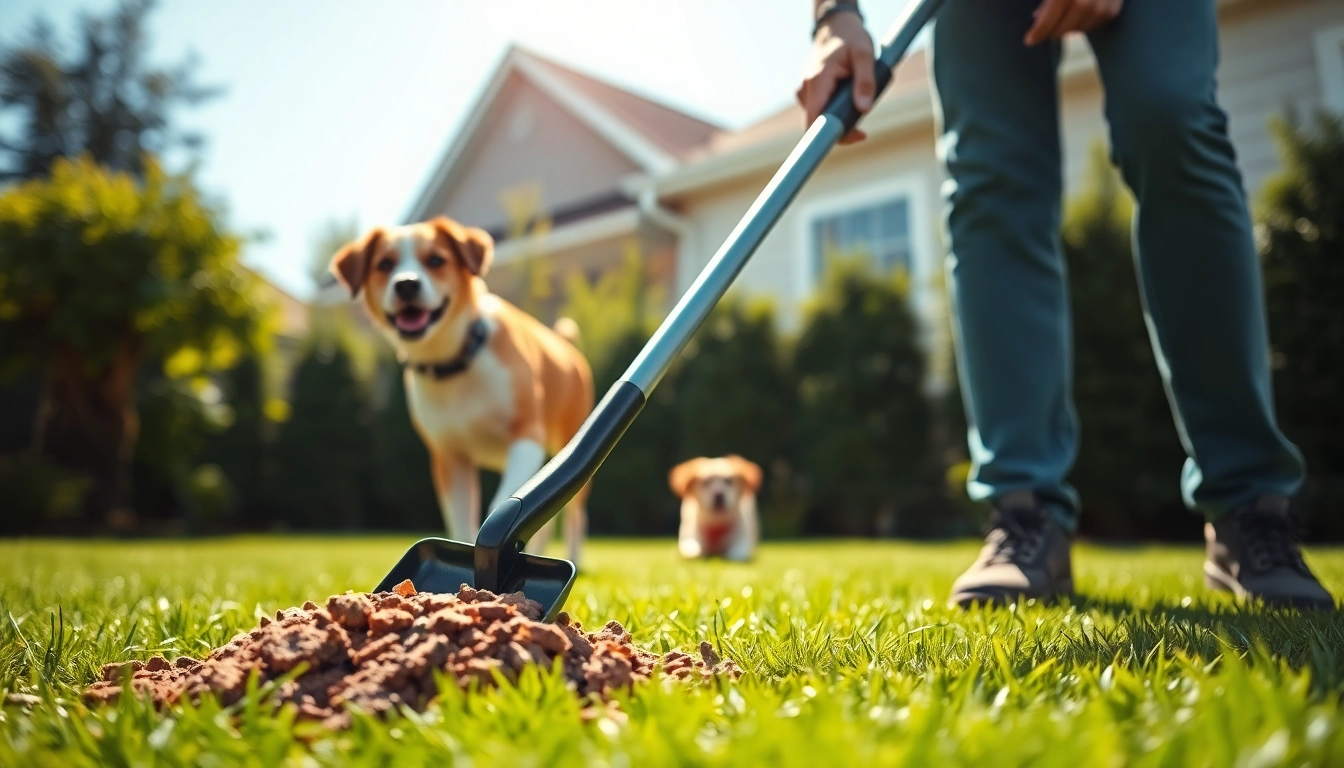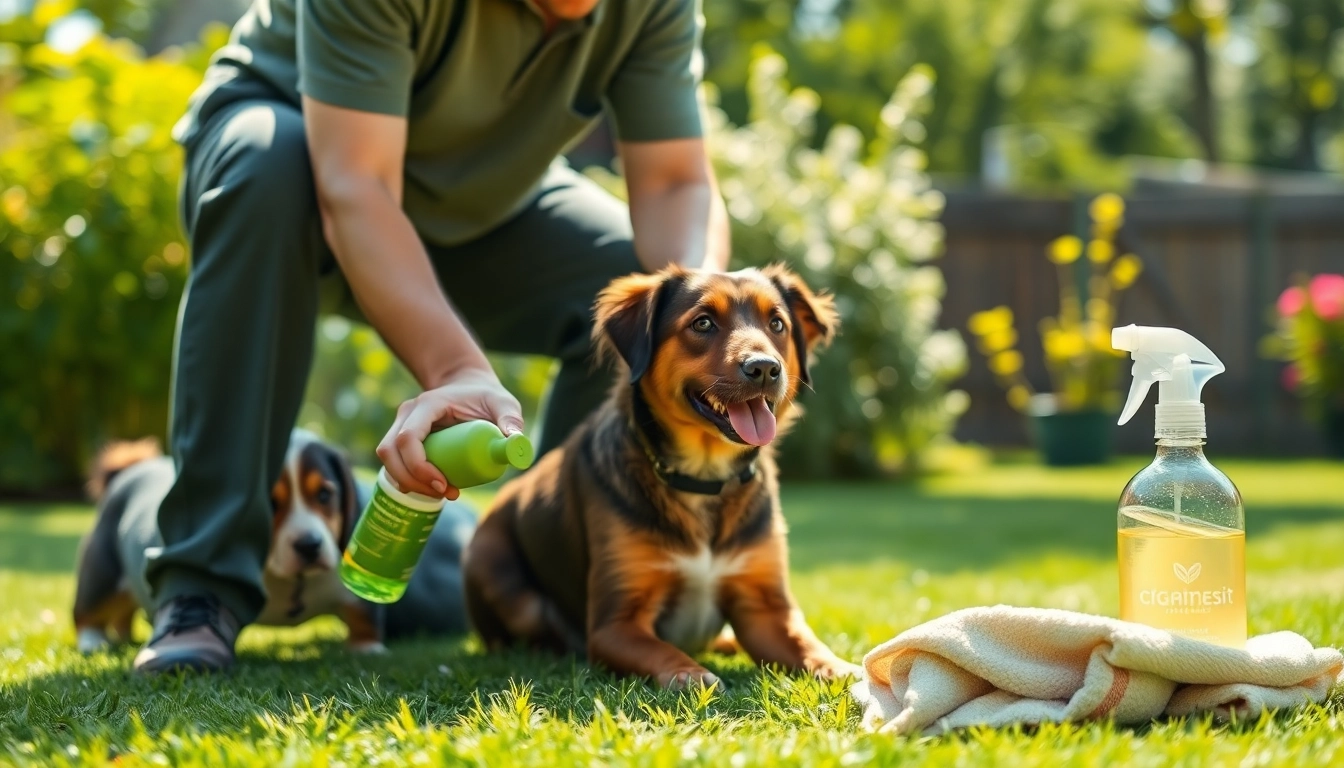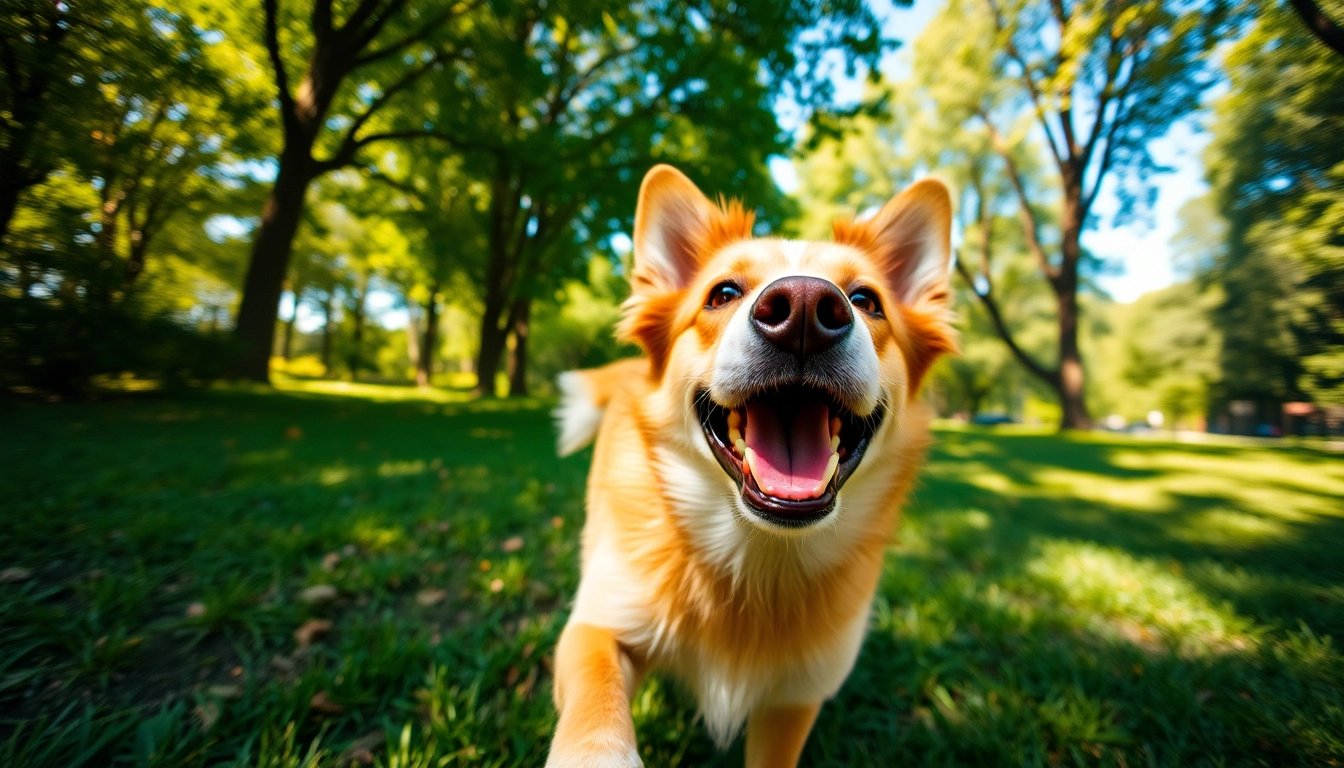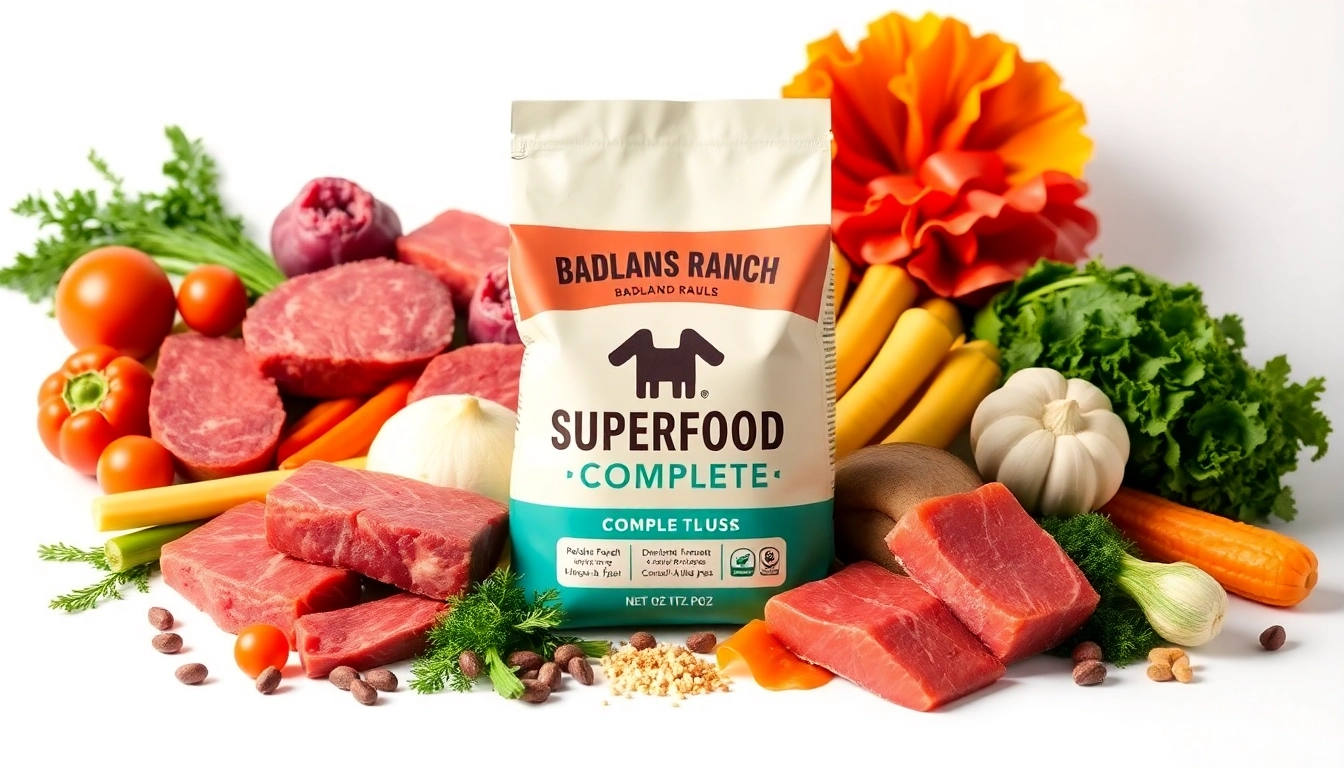Understanding the Importance of Cleaning Up Dog Poop
Cleaning up after your dog is more than just a simple task; it is a crucial responsibility that every pet owner must prioritize. When you clean up dog poop, you not only enhance the safety and hygiene of your environment but also contribute positively to public health and community well-being. This section will explore the multifaceted reasons why it’s essential to keep your living space and the outdoors free of dog waste.
Why It’s Essential for Health and Safety
Dog feces can harbor a variety of harmful parasites, bacteria, and viruses that pose risks to human health and that of other pets. One of the most concerning pathogens is roundworm, which can lead to severe gastrointestinal issues when transmitted to humans, especially children who may inadvertently come into contact with contaminated surfaces. Additionally, fecal matter can be a breeding ground for coccidia and giardia, causing serious illness if ingested.
Furthermore, waste left on the ground can lead to contamination of local water supplies. Rainwater can wash away the bacteria and parasites from dog feces into storm drains, eventually polluting rivers, lakes, and oceans. This is a substantial reason why municipalities often enforce ordinances requiring pet owners to clean up after their dogs, highlighting the public health implications associated with neglecting this duty.
Environmental Impacts of Neglecting Dog Waste
Beyond just health concerns, the environmental impacts of failing to manage dog waste can be significant. Dog poop is not a natural fertilizer, as it can alter the nutrient balance of soil and waterways, leading to nutrient pollution. High nitrogen levels, typical in pet waste, can foster algae blooms in local water bodies, which depletes oxygen levels and harms aquatic life.
Such environmental strains highlight the need for responsible pet ownership. By properly disposing of waste, we can minimize our pets’ ecological footprint and contribute to healthier ecosystems.
Social Responsibilities of Dog Owners
Being a dog owner comes with social responsibilities, including cleaning up dog waste. A clean neighborhood is a reflection of a community that respects shared public spaces. When pet owners take the initiative to clean up after their pets, it sets a positive precedent for others and fosters a culture of responsibility within neighborhoods.
Moreover, neglecting this duty can lead to numerous complaints from neighbors, strained relationships, and can even impact property values. Thus, being proactive in waste management not only benefits the individual dog owner but also enhances the social fabric of the community.
Effective Tools to Clean Up Dog Poop
Armed with the right tools, cleaning up after your dog can become a straightforward and efficient task. Whether you’re cleaning up in the yard, at a park, or dealing with indoor accidents, having the best tools at your disposal is vital. This section delves into popular products and eco-friendly solutions to make this task easier.
Overview of Popular Pooper Scoopers and Rakes
In the world of pet waste management, a reliable pooper scooper is a game changer. Products like the Poop-N-Scoop simplify the process, allowing you to gather waste without the need to bend down. These scoops often feature long handles, ergonomic designs, and easy-to-clean materials, making them ideal for everyday use.
Additionally, traditional rakes can serve a dual purpose by being used alongside waste bags, which can increase the overall efficiency of the process. For outdoor clean-up, a shovel with a wide scoop can be particularly effective for larger dogs or when cleaning up multiple deposits.
Best Waste Bags for Dog Owners
When it comes to disposing of dog waste, not all bags are created equal. Opting for biodegradable or compostable dog waste bags is an environmentally friendly choice that reduces plastic waste in landfills. Many reputable brands offer bags that are sturdy enough for daily use, ensuring you don’t have to compromise on quality while being mindful of the planet.
Additionally, disposable bags are often designed with features like easy-tie handles or scent-blocking technology to prevent odors. Having these on-hand when you’re out walking your dog is essential for responsible pet ownership.
Eco-Friendly Cleaning Solutions for Dog Waste
For those looking to take eco-friendliness a step further, there are several solutions available that are both effective and environmentally safe. Solutions like a mixture of white vinegar and baking soda can neutralize and clean surfaces where dog waste has fallen, without the harsh chemicals found in traditional cleaners. Using these environmentally conscious products not only assures you are doing right by your pet but also by the planet.
Step-by-Step Guide on How to Clean Up Dog Poop
Cleaning dog poop may seem straightforward, but having a structured approach can help pet owners maintain their environment effectively. This section outlines step-by-step methods for cleaning up in both outdoor and indoor settings.
Methods for Cleaning Up in the Yard
1. Gather Your Supplies: Ensure you have a pooper scooper, waste bags, disinfectant spray, and any required cleaning tools before heading out.
2. Positioning: Make sure you are in a stable position to scoop effectively without slipping or stumbling while picking up waste.
3. Scooping: Use the pooper scooper or rake to scoop up the waste firmly, ensuring you lift rather than scrape to avoid leaving residues.
4. Disposal: Place the waste into your waste bag or canister and tie securely to prevent leaks during disposal.
5. Sanitize: After cleaning, sanitize your scooper and hands to prevent the spread of bacteria and ensure everything remains hygienic.
Indoor Cleaning Techniques for Accidents
1. Assess the Area: Determine how much waste is present and if it has soiled any surfaces beyond the floor.
2. Initial Clean Up: Use paper towels to pick up solid waste, being careful not to smear it further into carpets or fabrics.
3. Deep Cleaning: Apply a pet-safe disinfectant or homemade solution of vinegar and water to clean the affected area thoroughly, which helps neutralize odors.
4. Drying: Allow the area to dry completely to prevent lingering smells and ensure a full clean.
Seasonal Tips for Cleaning Dog Waste
Cleaning up dog poop can vary accordingly with the seasons. In winter, for instance, the ground may be frozen, creating a challenge in handling waste. In this case, having a long-handled scoop becomes even more essential, and pet owners might need to be more diligent about checking areas obscured by snow. During fall, with leaves covering potential waste, thorough checks are crucial to avoid burying waste under organic matter.
Creative Solutions for Dog Poop Disposal
While traditional disposal methods exist, exploring innovative solutions can enhance pet waste management. This section examines environmentally friendly options and local regulations that guide waste disposal practices.
Composting Dog Waste: Is It Viable?
Composting dog poop can be a sustainable solution when done correctly. Using compost systems designed specifically for pet waste can lead to a valuable end product—clean compost that can be used in non-food plants.
However, it’s crucial to note that composting dog waste differs from composting kitchen scraps due to the potential pathogens involved. It is recommended to use a dedicated bin and ensure the compost reaches high temperatures to kill harmful bacteria and parasites.
Utilizing Dog Waste Digesters
Dog waste digesters function similarly to mini septic systems. These systems break down dog waste using beneficial bacteria and enzymes, breaking it down into liquid that can soak into the ground. Installing a dog waste digester can be a practical solution for pet owners with large yards or multiple dogs.
Costs for dog waste digesters can vary, but they are generally viewed as a long-term investment in pet waste management.
Local Regulations on Dog Waste Disposal
Understanding local laws regarding dog waste disposal is essential for responsible pet ownership. Many municipalities enforce strict regulations to promote cleanliness in the community, and failing to comply can lead to fines. These regulations sometimes dictate where owners can walk their pets, as well as mandate the use of waste bags in public spaces.
The Benefits of Regular Dog Poop Cleanup
Implementing a consistent cleanup routine offers several benefits beyond just maintaining hygiene. Regular poop pickup can lead to immediate improvements in yard health and overall community cleanliness.
Enhancing Your Yard’s Aesthetic and Health
A well-kept yard is essential for any pet owner. Regular cleaning ensures that your outdoor space remains pleasant and safe for family and guests. Furthermore, routine cleanup can prevent the spread of disease-causing bacteria, ensuring your yard remains a healthy space for pets to play.
Building a Responsible Pet Ownership Community
Dog waste management reflects on the entire pet-owning community. When everyone participates in responsible pet waste practices, it fosters a culture of respect and responsibility among neighbors. This collective effort can significantly enhance community pride and cooperation.
Encouraging Others to Join the Cleanup Effort
When individuals commit to cleaning up after their pets, they can inspire others to follow suit. Creating informative flyers about the importance of dog waste management can help raise awareness. Moreover, engaging in community campaigns or local clean-up days can create a sense of togetherness in tackling this shared responsibility.



